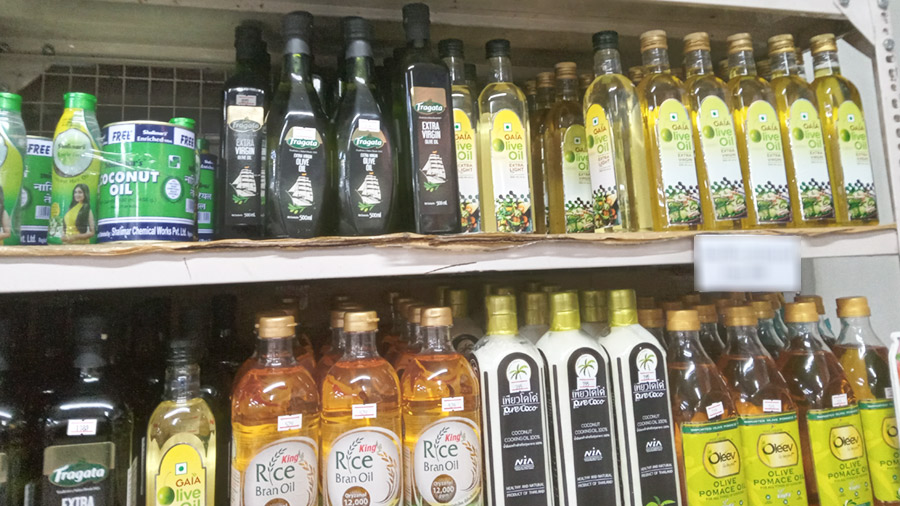
Trans fat is considered the worst type of fat to eat. A research on trans fat by the health ministry last year found a need for policy and the establishment of a multi-sectoral taskforce for the reduction of trans fat in food products and oils. The research on landscape analysis of trans fatty acid in Bhutan found that Bhutanese continue to consume products containing trans fat and are unaware of it.
High intake of trans fat increases the risks of getting non-communicable diseases.
The health ministry, as per the recommendation of the research, is drafting a multi-sectoral strategy to reduce trans fat consumption in the country.
The human body requires fats. There are good fats, which lower cholesterol levels.
However, an unsaturated fatty acid that is commonly found in packaged food, baked goods, cooking oils, and fried food increases risk of getting heart-related diseases.
“There are PUFA and MUFA, polyunsaturated fatty acids and monounsaturated fatty acids. These are actually required by our body. Whereas trans fatty acid is not so good,” said Vishal Chhetri, medical laboratory technologist of Royal Centre for Disease Control.
The World Health Organisation’s recommendation for adults is to limit consumption of trans fat to less than one per cent of total energy intake.
“People should be looking into the labels while they are purchasing oils and fat,” said Vishal Chhetri, the medical laboratory technologist.
However, the research states that Bhutanese do not check label and that more than 85 per cent of people are not aware of trans fat.
He added that people are more concerned about the price and expiry dates of the products.
The research found that edible oils like Pangtse makhu, mustard oil, and olive oil are healthier options but most Bhutanese consume soyabean oil.
Moreover, the locally produced products lack proper labelling.
“For our citizen, I think we should produce our oils over here,” said Sanchar Pradhan, a chef.
“These days, it is different. In the old days, we used to prefer the locally produced mustard oil. Currently, we do not know how the imported oils are made,” said Cheku, a farmer.
The research also recommends setting up laboratory testing in the country to test trans fat content in food and oils, creating awareness on ill health effect of consumption of trans fat, and discussing among stakeholders on plans to limit trans fat intake.
The health ministry’s multi-sectoral strategy will also include creating awareness, taxation and proper labelling among others. The strategy is expected to be ready in six months.
Tenzin Loday Gyeltshen
Edited by Tshering Zam







